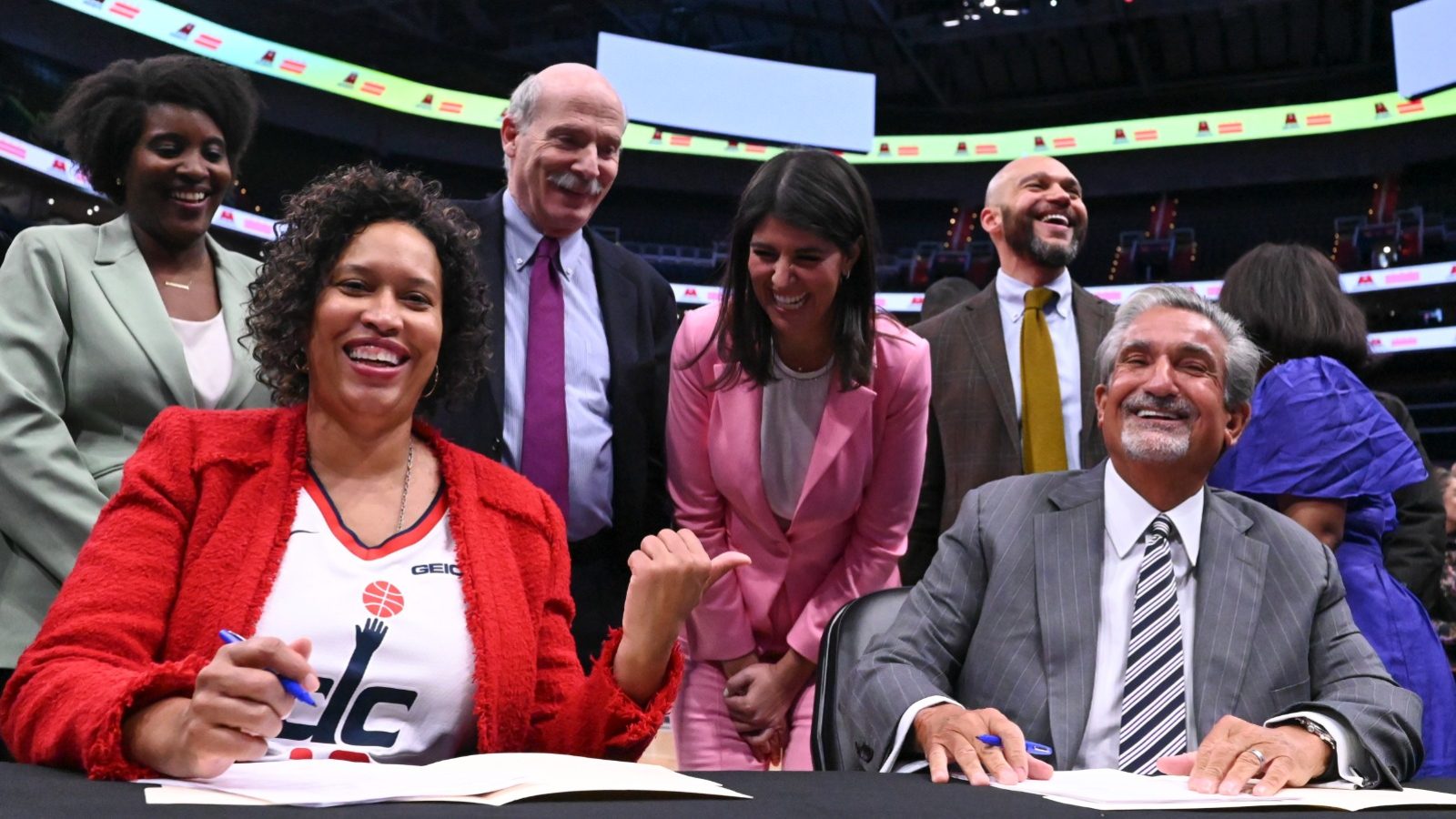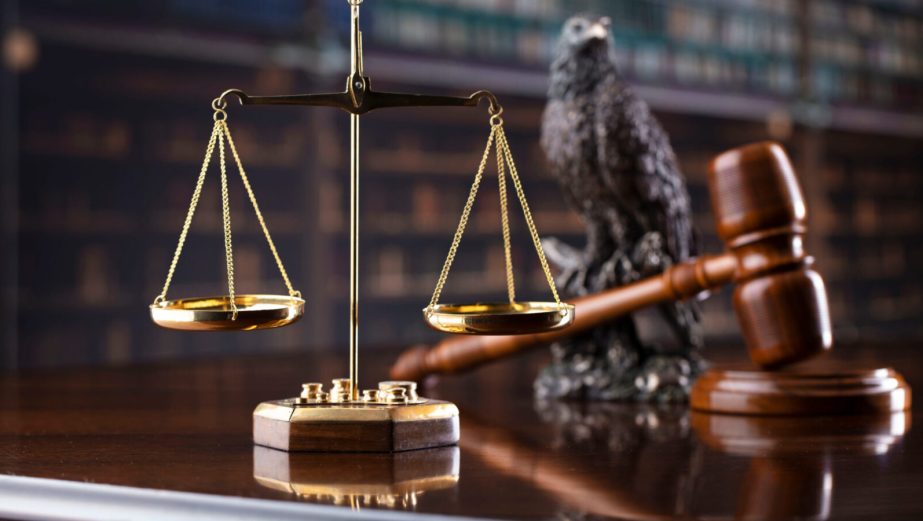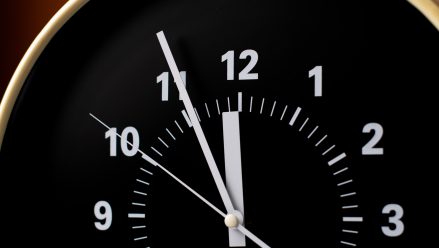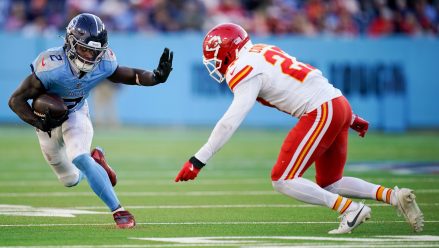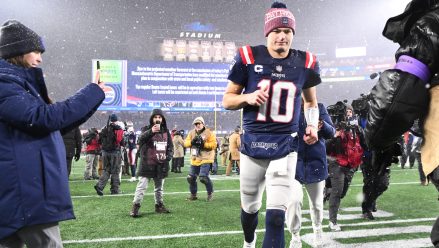The 18th-century law that allows third parties to sue for up to three times gambling losses in several U.S. jurisdictions may be going away in Washington, D.C. If that happens, a “loss recovery” lawsuit filed in the nation’s capital may become moot.
DC Gambling Recovery filed a complaint in February in DC Superior Court that has since been moved to a federal district court. The group is looking to recover losses by bettors since sports betting went live in the District in 2019. But Mayor Muriel Bowser included language in her Fiscal Year 2026 budget proposal to exempt sports betting, blackjack and poker, lottery games, and some charitable gaming from the more than 300-year-old law.
Blackjack and poker are not legal in D.C., but Bowser also slipped provisions into her budget proposal to make them legal as well as bingo.
The DC Council is set to take a final budget vote Monday. The budget — with the new gambling provision in it — got initial council approval July 14. Should it pass with the new language, D.C. would be in line with many other states that have loss recovery or Statute of Anne laws, which were originally designed to allow legal recourse for illegal gambling. D.C.’s existing loss recovery act currently encompasses all gaming. Maryland’s law, for example, has a carve-out exempting legal gambling.
The District of Columbia Code § 16–1702: Recovery of losses at gaming would include the following new language, tucked away on Page 67 of Bowser’s 300-plus-page budget proposal:
Sec. 2064.(a) Section 16-1702 of the District of Columbia Official Code is amended as
follows:
(1) The existing text is designated as subsection (a).
(2) New subsections (b) and (c) are added to read as follows: “(b) This section shall not apply to sports wagering authorized by Title III of the Law to Legalize Lotteries, Daily Numbers Games, and Bingo and Raffles for Charitable Purposes in the District of Columbia, effective May 3, 2019 (D.C. Law 22-312; D.C. Official Code § 36-621.01 et seq.).
“(c) This section shall not apply to card gaming authorized by Title V of the Law to Legalize Lotteries, Daily Numbers Games, and Bingo and Raffles for Charitable Purposes in the District of Columbia, as introduced on April , 2025 (Bill 26-_).”
(b) Section 16-1702(b) of the District of Columbia Official Code shall apply as of the effective date of the Sports Wagering Lottery Amendment Act of 2018, effective May 3, 2019
(D.C. Law 22-312; 66 DCR 1402).
32 jurisdictions have loss recovery acts
D.C. and 31 states have Statute of Anne-based laws, but only 10 allow for third parties to sue. In seven of those, escalated damages can be asked for.
In South Carolina, plaintiffs can ask for four times the original loss amount. Such a law exists in Kentucky, and the state used it to sue PokerStars — now owned by FanDuel parent Flutter Entertainment. In 2020, the Kentucky Supreme Court upheld a lower-court ruling awarding the state $300 million.
The original Statute of Anne law dates to 1710 England and Queen Anne, and is primarily known as a copyright law. The original law said that gambling losses of 10 pounds or more were void and that losers could sue winners to get their bet back. If a loser didn’t sue within three months, a third party could sue.
When the British colonized America, the colonists brought with them much British law, including the Statute of Anne. Maryland was among the territories and eventual states that kept the law. In turn, when the District of Columbia was carved out of the Virginia and Maryland territories in 1801, the new district adopted many existing laws, but leaders in D.C. did not amend the law.
D.C.’s five sports betting operators have been live throughout D.C. for 15 months or less. Between 2019 and April 2024, the city’s lottery operated the only citywide digital wagering platform.
Through April 2025, D.C.’s commercial mobile operators reported $65.8 million in revenue. If this is considered the amount bettors “lost” in the case, tripling it would bring the penalty to $197.4 million.
Lawsuit seems destined to fail
Several attorneys recently told InGame that the DC Gambling Recovery lawsuit had little chance of success but that it may spark change.
In addition, iDevelopment and Economic Association founder Jeff Ifrah told InGame in June that the case has “no leg to stand on. Whatever the case is, I don’t think that anyone is going to seriously entertain it, but who knows? I think that a judge would have to acknowledge that statute has a serious flaw.”
The group filing the lawsuit remains a mystery. It incorporated in Delaware about 10 days before the complaint was filed. No specific operators, businesses or people are named as plaintiffs, and the complaint implies that it was filed on behalf of problem gamblers.
Since the DC Gambling Recovery lawsuit was moved to federal court, all five named operators — BetMGM, Caesars Sportsbook, DraftKings, Fanatics Sportsbook, and FanDuel — have made motions to dismiss. Among the arguments is that commercial operators are not “winners” in the traditional sense and that the original law does not apply to sports betting.
A judge with the U.S. District Court for the District of Columbia has allowed the city to intervene with its own brief. According to a Brownstein Law client alert on July 3, the city echoed operator arguments. It also addressed the idea that because the Professional and Amateur Sports Protection Act no longer exists, the Sports Wagering Lottery Amendment Act — which legalized sports betting — is in full force.
No hearing date has been set, and the judge has yet to rule on a motion to dismiss. But Bowser’s proposed amendment would be retroactive to when sports betting was legalized in D.C., effectively making the lawsuit moot.
In June, Front Office Sports reported that similar lawsuits were filed in Kentucky, Illinois, Massachusetts, Ohio, and South Carolina.

